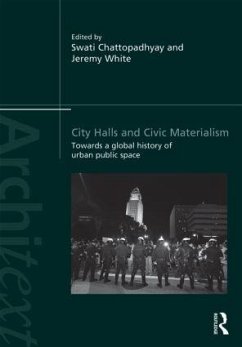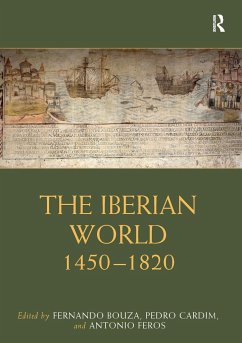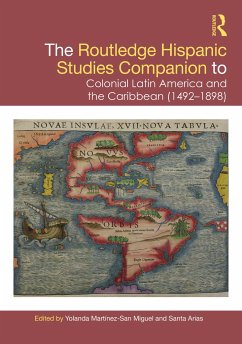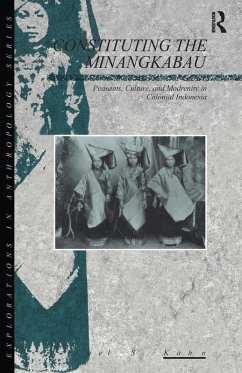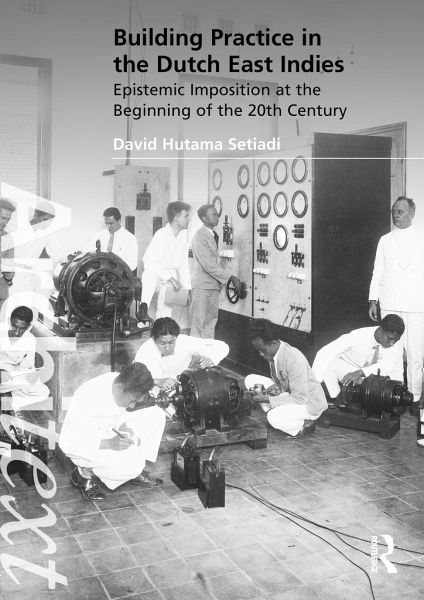
Building Practice in the Dutch East Indies
Epistemic Imposition at the Beginning of the 20th Century
Versandkostenfrei!
Versandfertig in 6-10 Tagen
40,99 €
inkl. MwSt.

PAYBACK Punkte
20 °P sammeln!
This book reveals the 'epistemic imposition' of architectural ideas and practices by colonists from the Netherlands in the Dutch East Indies from the late-19th century onwards, exploring the ways in which this came to shape the profession up to the present day in what is now known as Indonesia.The author investigates the scope of these interventions by Dutch colonial agents in relation to existing Javanese building practices, pursuing two main lines of enquiry. The first is to examine the methods of dissemination of Dutch-taught technical knowledge and skills across the Dutch East Indies. The ...
This book reveals the 'epistemic imposition' of architectural ideas and practices by colonists from the Netherlands in the Dutch East Indies from the late-19th century onwards, exploring the ways in which this came to shape the profession up to the present day in what is now known as Indonesia.
The author investigates the scope of these interventions by Dutch colonial agents in relation to existing Javanese building practices, pursuing two main lines of enquiry. The first is to examine the methods of dissemination of Dutch-taught technical knowledge and skills across the Dutch East Indies. The second is to scrutinise the effects of this dissemination upon the formation of architectural knowledge and practice within the colony. Throughout this book, the argument is made that what took place in architecture in the Dutch East Indies involved a process of disseminating building knowledge as a form of 'epistemic imposition' upon the indigenous citizens of the colony - in other words, as an effective instrument of Dutch colonial power.
This book will be of interest to architecture academics and students interested in developing a broader global understanding of architecture, especially those interested in decolonising the teaching of architectural history and theory.
The author investigates the scope of these interventions by Dutch colonial agents in relation to existing Javanese building practices, pursuing two main lines of enquiry. The first is to examine the methods of dissemination of Dutch-taught technical knowledge and skills across the Dutch East Indies. The second is to scrutinise the effects of this dissemination upon the formation of architectural knowledge and practice within the colony. Throughout this book, the argument is made that what took place in architecture in the Dutch East Indies involved a process of disseminating building knowledge as a form of 'epistemic imposition' upon the indigenous citizens of the colony - in other words, as an effective instrument of Dutch colonial power.
This book will be of interest to architecture academics and students interested in developing a broader global understanding of architecture, especially those interested in decolonising the teaching of architectural history and theory.






